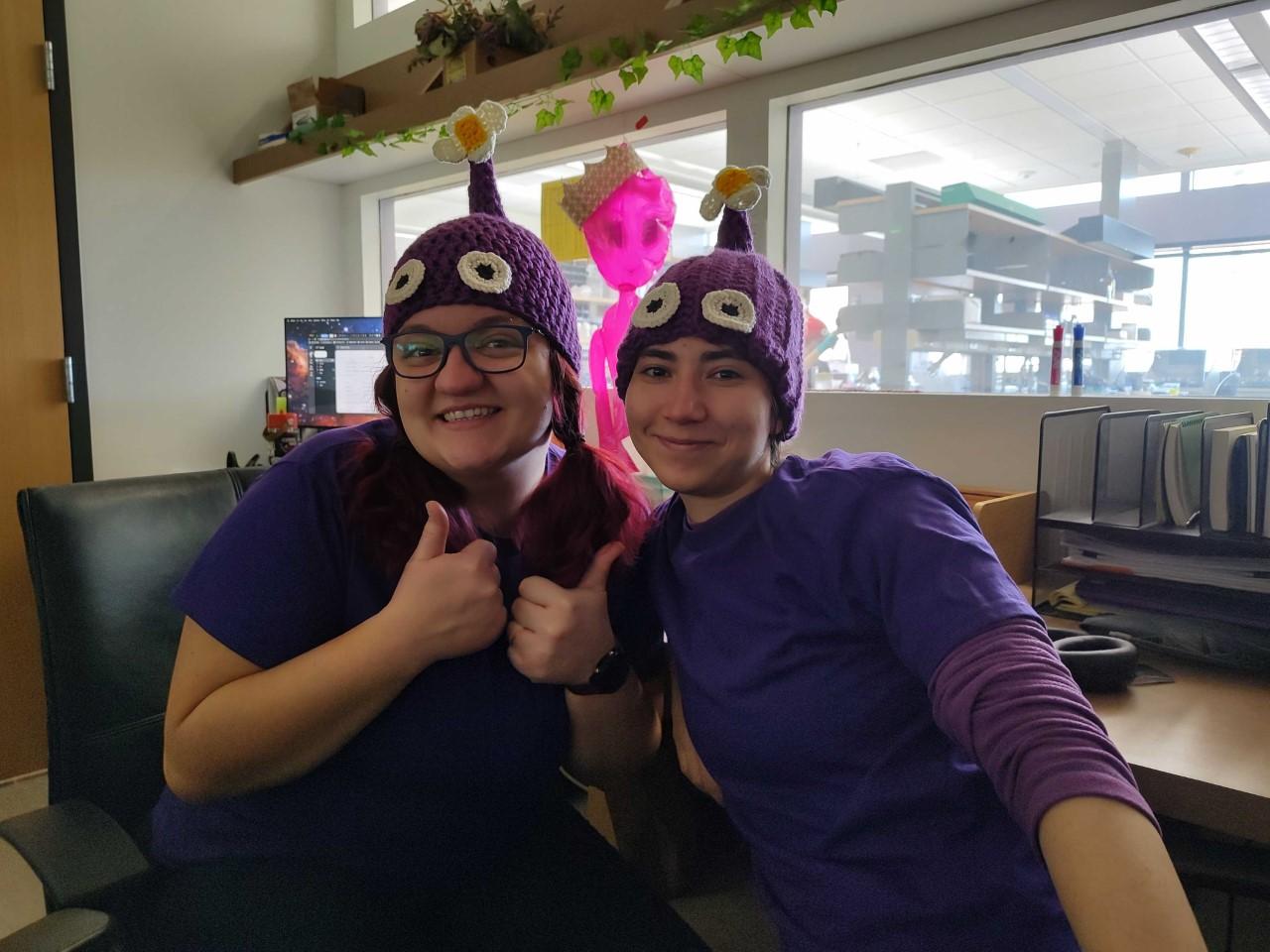Editor’s Note: Every week, The Lab Report takes a deep dive into the (research) lives of students and professors outside the classroom.
Space is vast and scientists have only explored a very small part of it. So, when searching for life beyond earth, knowing where to begin may be daunting. But for Betül Kaçar, finding life on other planets actually begins with studying life on earth.
Kaçar is an assistant professor of bacteriology at the University of Wisconsin and the director of NASA’s Interdisciplinary Consortium for Astrobiology Research program. Through her work, Kaçar ties together the cosmos and biology to address several questions regarding past life on earth and possible otherworldly life — where did life evolve from? Are humans alone? Are there other forms of life to exist?
By studying more primitive forms of biology and evolution, she hopes to gain an understanding of how life in the past can provide a look at other planetary life. History and science, in this regard, work hand in hand.
Sophomore at UW studying biology and Spanish Scott Chang said he recognized the value of looking to the past for current and future applications. Currently, he is working on a project with the Kaçar Lab involving a 3.2 billion-year-old enzyme called nitrogenase, which is essential to all life. By studying this enzyme, the lab is trying to fully understand its function, since it is still a bit of a mystery.
UW community says goodbye to ant colony exhibit at Microbial Sciences
“The lab looks at the origins of life but also the evolution of life — how it evolved from when it first came to be to now,” Chang said. “Life in the past was so diverse and [it] had to come up with solutions to deal with this wide range of extreme events. By exploring the past, we can apply that knowledge to solving our current and future problems.”
Current bacteriology graduate student Alex Rivier is also studying nitrogenase with the Kaçar Lab. He has been with the lab since he was an undergraduate in 2019, when the lab was run out of the University of Arizona.
Rivier said he stumbled across a paper Kaçar contributed to when he was an undergraduate searching for labs to work in. In the paper, Kaçar and other researchers performed an evolution experiment on bacteria using computational tools to create inferred sequences of DNA. Essentially, they were “resurrecting ancestral genes” to analyze the bacteria’s metabolic functions.
After reading the paper, Rivier became immensely interested in the subject and developed more questions about it, eventually joining and remaining with the lab during its move from the University of Arizona to UW in 2021. Even today, Rivier said questioning science still stands as a big part of the lab.
Sophomore Amina Waheed majoring in biology joined the Kaçar Lab once it settled at UW. Waheed, much like Rivier, was fascinated by the lab’s area of study. She said the evolution of proteins and microbes wasn’t like anything she had seen before.
Biotech outreach specialist presents seminar on Xenos Paradox
The nature of science and working with living organisms can make research unpredictable and difficult, and sometimes findings may not relate exactly to what the lab is trying to do, Rivier said. This challenges the lab to question their methods and makes the work more exciting.
Rivier said Kaçar does a good job at allowing students in the lab to think about and understand the scientific process.
“Hearing [from scientists from other disciplines] and their perspective on similar problems with different backgrounds has really been eye-opening to how differences in scientific disciplines might approach problems,” Rivier said.
With roots spanning astronomy, biology and even philosophy, the research Kaçar, her colleagues and the rest of the lab group conducts is heavily interdisciplinary. The blend of scientific fields spanning many research areas proves to be beneficial because the overlap allows the disciplines to help each other out, Chang said.
UW Zoological Museum preserves over half a million animal specimens for research, education
Since joining, Waheed said her definition of science has changed and broadened.
“[Kaçar] always tells us nature doesn’t recognize the divisions we have in science,” Waheed said. “That’s a really cool overlap that I didn’t think of before, and I think it’s just my definition of science has broadened because the way that you do research is you have to take into account so many different fields like [organic chemistry] and biology and now astronomy and it combines everything.”
Rivier, Waheed and Chang collectively said they respect the collaboration and connectedness of lab life.
UW committee finds ethical research approaches lend to honest results
Though the Kaçar lab is researching a complex and curious area of science that might be hard to summarize succinctly, it gladly welcomes questions and prompts further investigation — driving scientific study and motivating the investigators in the lab, Waheed said.
“There’s a lot of gaps that need to be filled in, and asking questions is really important for that,” Waheed said. “Wanting to learn more about our origins and wanting to explore ourselves and then also wanting to apply that to like the rest of the universe [is what I think the] drive is.”
























